Aftershock in Academia: Assessing COVID-19s Impact on Schizophrenia Patients in Academic Medical Centers [Behavioral, psychosocial, and mental illness]
Annals of Family Medicine
NOVEMBER 20, 2024
Context: The impact of the COVID-19 pandemic on individuals with schizophrenia who are admitted to academic medical centers (AMCs) has not been previously reported. The study is divided into three periods: pre-COVID (Oct 2019 to Mar 2020), COVID (Apr 2020 to May 2023), and post-COVID (Jun 2023 to Dec 2023).

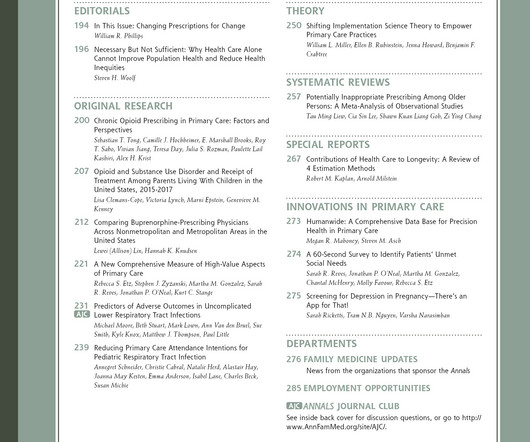
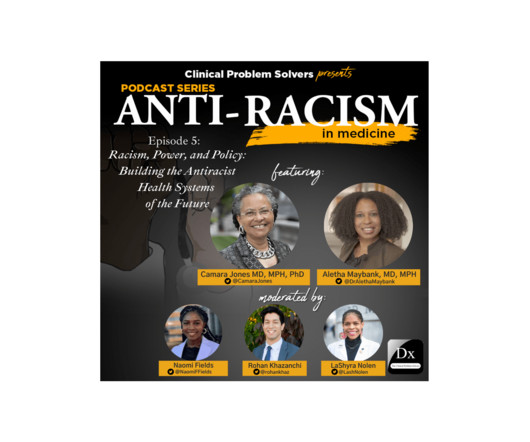



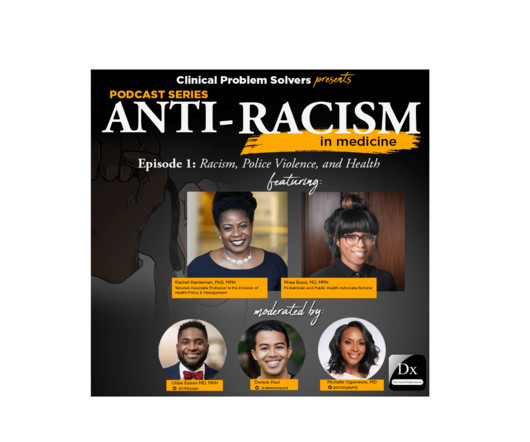







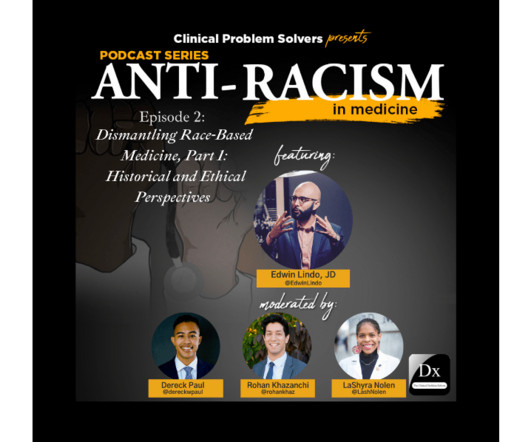










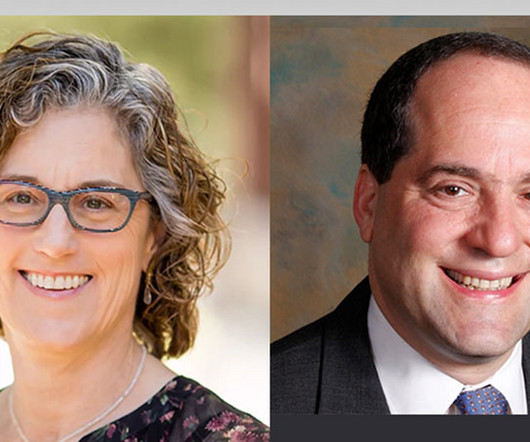







Let's personalize your content